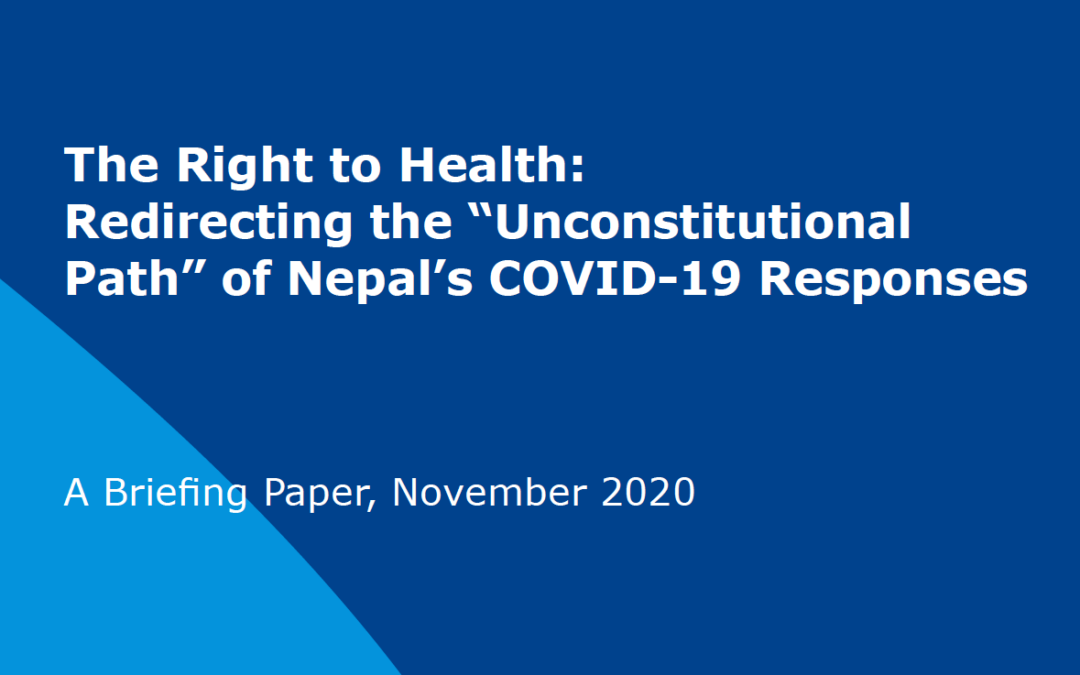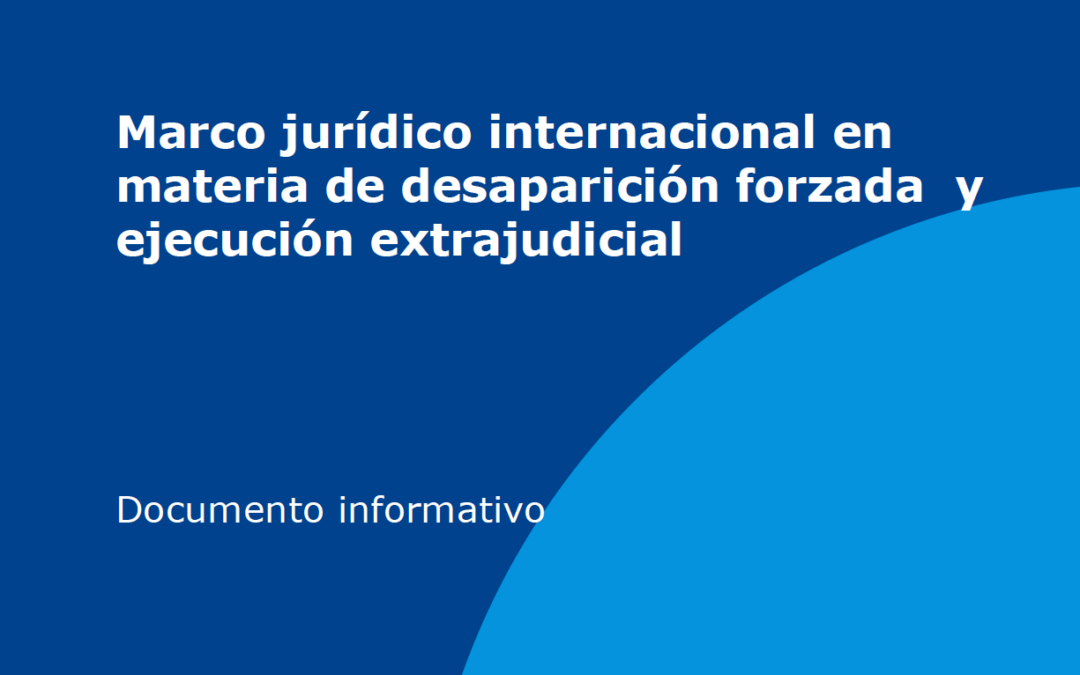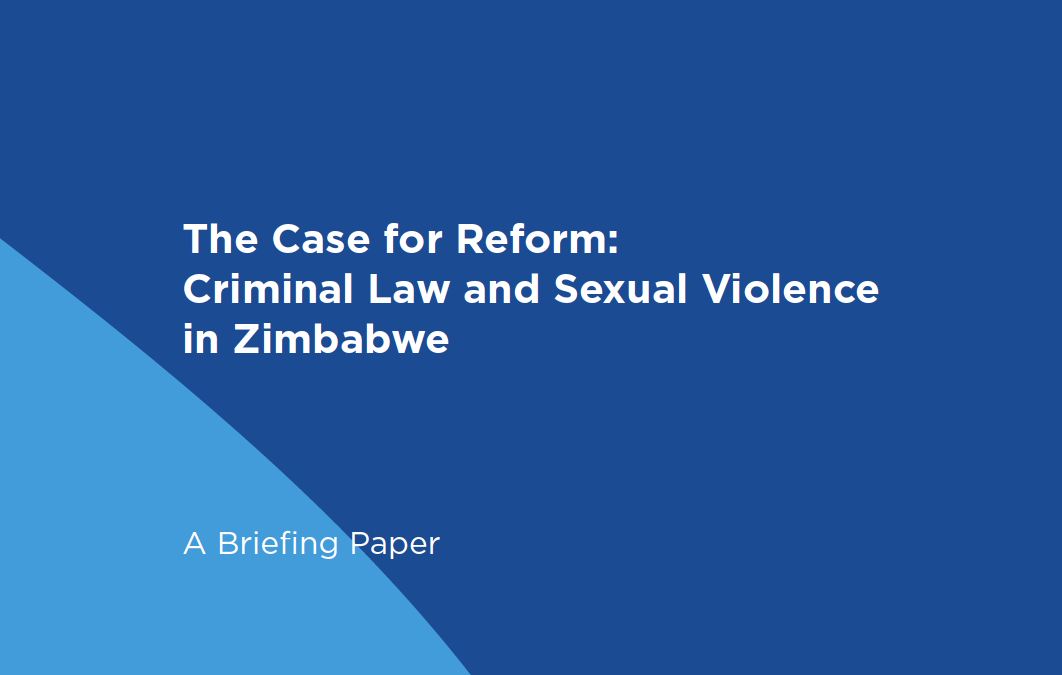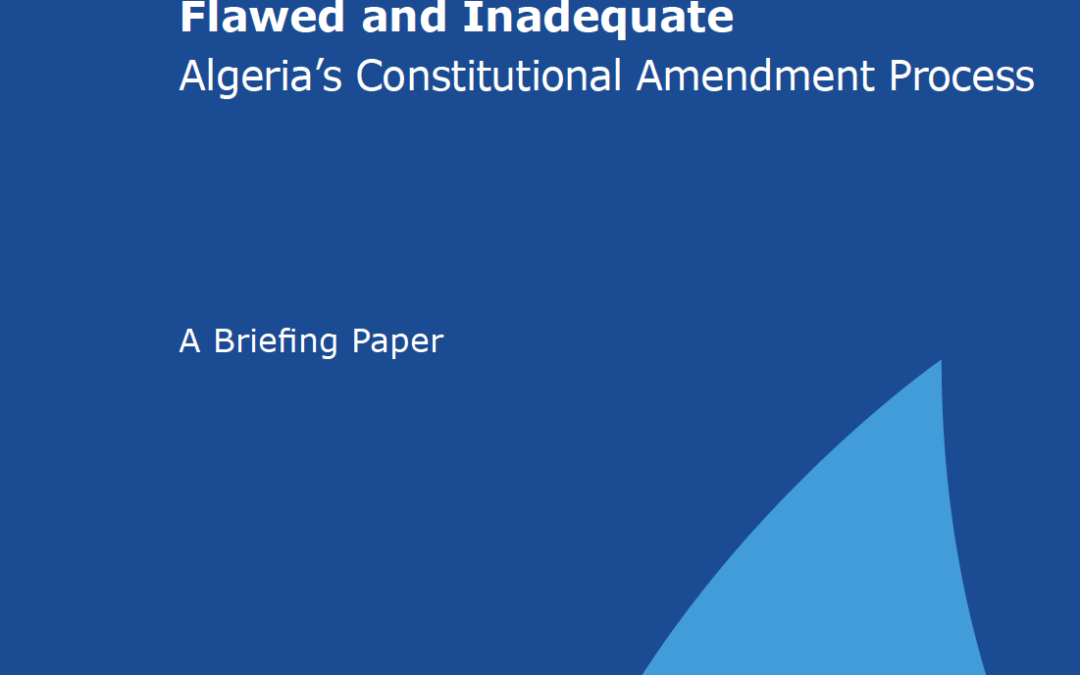
Nov 25, 2020
In a Briefing Paper published today, the ICJ calls on the Nepal authorities to do more to protect the right to health of all its inhabitants, as COVID-19 cases continue to rise while lockdown restrictions remain relaxed.
According to data from the World Health Organization, Nepal has since the onset of the pandemic recorded over 220,000 positive cases of COVID-19 and COVID-19 has contributed to over 1,300 deaths. However, in line with trends globally, the human rights impact of the pandemic extends beyond direct infections and deaths.
“The response of the government in Nepal to COVID-19 has been marred by a failure to fully respect the right to health of those living in Nepal. Unfortunately, despite repeated interventions by the Nepal Supreme Court the government’s public health responses often remain inconsistent with Nepal’s international human rights obligations,” said Mandira Sharma, the ICJ’s Senior International Legal Adviser in Nepal.
The Briefing Paper highlights a number of concerns with the COVID-19 response measures adopted by Nepal:
- Nepal has failed to fully implement Supreme Court orders relating to its obligations to realize the right to health in the context of COVID-19;
- Quarantine centres and isolation wards set up by the government have often lacked essential staff and services, which has compromised the health and welfare of those staying in them;
- Health services unrelated to COVID-19, including maternal reproductive health services and emergency medical services, have been compromised resulting in significant violations of the right to health and preventable deaths;
- The responsible authorities have failed to take sufficient measures to hold accountable of private healthcare providers who have unlawfully refused treatment on the basis of suspicion that a patient is COVID-19 positive;
- There has been insufficient protection and support to health workers who work under difficult circumstances often without the necessary equipment and PPE and have suffer societal stigma, discrimination and assault.
- There has been a lack of effective measures to protect the rights of women and girls exposed to gender-based violations and who have experienced difficulty in accessing justice during lockdown periods. Access to reproductive health services have been compromised.
- The authorities have failed to take sufficient measures to protect persons deprived of their liberty in overcrowded prisons that commonly lack adequate sanitation, healthcare and other services to ensure health and safety of prisoners.
- There has been a general failure of the Government to ensure that healthcare goods, services and facilities are accessible and affordable to all without discrimination of any kind.
The Briefing Paper outlines the international and domestic law and standards applicable to Nepal’s COVID-19 response measures, including jurisprudence of recent the Supreme Court judgments.
It makes a number recommendations to the responsible authorities with a view to achieving compliance with Nepal’s human rights obligations and more effective protection of the rights to health and other human rights in the context of the COVID-19 pandemic.
Contact:
Mandira Sharma, ICJ Senior International Legal Adviser, e: Mandira.Sharma(a)icj.org
Download
Nepal-Right to health-Advocacy-analysis brief-2020-ENG (full paper in PDF)

Nov 23, 2020
The ICJ has published a legal briefing paper setting out the international legal framework concerning enforced disappearance and extrajudicial killings.
The paper analyses the elements and characteristics of enforced disappearance and extrajudicial killings; describes the international institutions in charge of monitoring relevant States’ obligations; and summarizes key international standards on victims’ rights and on the duty to investigate, prosecute and sanction.
The briefing paper is published as part of ICJ’s project “Promoting justice for extrajudicial killings and enforced disappearances in Colombia, Guatemala and Peru,” supported by the European Union and is implemented under the ICJ’s Global Accountability Initiative.
The briefing paper is available in Spanish.
Contacts:
Kingsley Abbott, Director of Global Accountability and International Justice, email: kingsley.abbott(a)icj.org
Rocío Quintero M, Legal Adviser, Latin America, email: rocio.quintero(a)icj.org
Carolina Villadiego Burbano, Legal and Policy Adviser, Latin America, email: carolina.villadiego(a)icj.org
Colombia-Marco juridico-Advocacy-Analysis brief-2020-SPA (full report in Spanish, PDF)

Nov 16, 2020
Today, the ICJ published The case for reform: Criminal Law and Sexual Violence in Zimbabwe, a legal brief which examines sexual crimes in the Zimbabwean Criminal Code in light of the country’s obligations under international human rights law and standards.
The brief’s analysis is informed by provisions of the Constitution of Zimbabwe as well as regionally and internationally recommended practices.
It highlights a number of concerns with respect to sections 65 – 72 of the Criminal Law (Codification and Reform) Act [Chapter 9:23] (Criminal Code) and makes specific recommendations for reform.
In particular, the brief highlights the following concerns:
- the limited scope of the crime of rape;
- the problematic characterization of certain acts of a sexual nature as ‘indecent’ when, instead, they should be properly proscribed as violations of sexual autonomy;
- the lack of adequate protection of children against sexual exploitation; and
- the concurrent failure to recognize the sexual autonomy of adolescents engaged in non-exploitative, consensual sexual activity with a peer.
Speaking on the value of this brief, ICJ Senior Legal Adviser Blessing Gorejena noted that: “Sexual offences in Zimbabwe, particularly rape continue to be viewed to a larger extent as a private matter for which silence is a requirement, to the detriment of the victim and society at large. As a result, there is an urgent need to reform sexual offence legislation, including the Criminal Code in Zimbabwe. This brief offers clear and concise recommendations on how this can be done. It is an invaluable tool for legislative reform.”
Background
Zimbabwe has seen an increase in the incidence of rape over the last five years according to 2019 statistics by Zimbabwe National Statistics Agency (Zimstats). The Zimbabwe Gender Commission reports that 22 women are raped daily, with one woman raped every 75 minutes. On average, 646 women are sexually abused monthly, with one in three girls raped or sexually assaulted before they reach the age of 18. The vast majority of sexual offences are committed by men against women, children and other men.
The legal brief published by the ICJ follows on from a November 2015 ICJ reflection paper titled: “Sexual and Gender Based Violence, Fair Trial Rights and the Rights of Victims – Challenges in Using Law and Justice Systems Faced by Women Human Rights Defenders”. This publication compiled information gathered from a regional colloquium held by the ICJ in Swaziland in July 2015.
The 2015 publication highlighted a gap in the protection guaranteed to victims of sexual offences by the criminal law in Zimbabwe. Authors noted that certain provisions relating to sexual crimes in the Criminal Code offered limited protection to victims/survivors of such offences.
Contact
Blessing Gorejena, Senior Legal Adviser and Team Leader of ICJ Zimbabwe Project, t: +263 77 215 1989, e: blessing.gorejena(a)icj.org
Elizabeth Mangenje, Legal Adviser, t: +263 77 474 2420, e: elizabeth.mangenje(a)icj.org
Zimbabwe-Sexual violence-Advocacy-Analysis brief-2020-ENG (full paper, in PDF)

Nov 12, 2020
India’s Foreign Contribution (Regulation) Act, 2010, (FCRA) is unlawfully obstructing the critical work of non-governmental organizations in India, the ICJ said in a briefing paper released today.
The ICJ called for immediate action to repeal or revise the offending provisions in the law.
The briefing paper identifies the FCRA as “a tool to silence Indian Civil Society Organizations”. It shows how the FCRA – by its own terms and as applied by the authorities – fails to comply with India’s international legal obligations to respect and protect the rights to freedom of association, expression, peaceful assembly, and the right to take part in the conduct of public affairs.
The FCRA regulates access to foreign funds and prohibits their receipt for any activities purportedly “detrimental to the national interest”.
The ICJ underscores the imprecise and overbroad language of the FCRA, which has left it open to abusive and arbitrary application by the Indian authorities. Civil Society Organizations (CSOs) may be prevented from accessing foreign contributions when the groups or their activities are characterized as of a “political nature” or acting against “public interest”, or against “strategic, scientific or economic interest” or “security”.
“By restricting NGO access to foreign funds meant for the NGO sector, the Indian Government is using the FCRA selectively to silence critical voices,” said Ian Seiderman, ICJ’s Legal and Policy Director.
“As recognized by the UN Charter, international cooperation, including through financial assistance, is fundamental to the protection of human rights, and CSOs should be encouraged rather than prevented from engaging in such cooperation to facilitate their critical work,” said Ian Seiderman.
On 20 October 2020, UN High Commissioner for Human Rights, Michelle Bachelet, expressed concern that the FCRA was being used to “deter or punish NGOs for human rights reporting and advocacy”.
Since 2014, the Indian Government has cancelled the FCRA licenses of more than 19,000 NGOs, including high profile organizations such as the Lawyers Collective, Greenpeace India, People’s Watch, Compassion International, and Public Health Foundation of India. The grounds for these cancellations include “non-compliance with reporting requirements” and activities deemed “political” or against “national interest” and “economic security”. On 10 September 2020, India froze the accounts of Amnesty International India on the allegation that it had circumvented the FCRA. The action forced Amnesty International India to halt its India operations.
“We see the authorities continuing their clampdown on Indian human rights defenders through arbitrary arrests, restrictions on travel and other forms of harassment. We urge the Indian Government to protect rather than repress human rights defenders in India, whose work is vital to the rule of law in the country,” Seiderman said.
Contact
Osama Motiwala, ICJ Asia-Pacific Communications Officer, e: osama.motiwala(a)icj.org
Background
In the briefing paper, entitled “India’s Foreign Contribution Regulation Act: A Tool to Silence Indian Civil Society Organizations”, the ICJ answers the following questions:
- What is the Foreign Contribution Regulation Act? How does it affect NGOs?
- Which prohibitions in the FCRA are of concern to NGOs?
- What do the Indian Courts say about the overbroad restrictions on the receipt of foreign funds for NGOs in the FCRA?
- Is the FCRA compliant with India’s obligations under international human rights law?
- How have civil society organizations been targeted or adversely impacted by the FCRA?
- Is there a pattern of Indian Government targeting NGOs, lawyers and human rights defenders?
- How does the Government apply the prohibition on organizations of a political nature receiving foreign funding to political parties?
Further Reading
Download
India-FCRA-Briefing-Paper-2020-ENG (PDF)

Oct 30, 2020
As the country votes in a referendum Sunday, the ICJ called on the Algerian authorities to withdraw proposed constitutional amendments and reboot the flawed and inadequate amendment process so as to ensure wide public participation and debate in achieving reform.
In a briefing paper published today, the ICJ emphasized that central objective of the process should be to ensure that the amendments and the rule of law and human rights provisions in particular fully comply with Algeria’s international law obligations.
On 7 May, a set of draft Constitutional amendments were released by the Committee of experts, established by the President, Abdelmadjid Tebboune, in response to the mass protest movement (Hirak) that erupted across Algeria since February 2019.
The final draft was approved by the Algerian Parliament on 10 September and will be voted on by the Algerian people in a referendum on 1 November.
ICJ’s briefing paper analyses both the drafting process and the content of the proposed draft Constitution in light of international law and standards, providing a number of recommendations to the Algerian authorities to bring the process of amending the Constitution into compliance.
The ICJ is concerned that such process has failed to respect the principles of inclusiveness, participation and transparency. The arrangements relating to the role and powers of the President, the military and judiciary stand as an obstacle to a clean break form authoritarianism and decades of poor human rights practices in Algeria.
The ICJ called for a Constitution that lays the foundations for the establishment of the rule of law, the separation of powers and judicial independence.
“Under the constitutional amendments, the military is unaccountable, the president’s powers are unbridled, and the judiciary is subordinated to the President and the executive,” said Said Benarbia, the ICJ’s MENA Programme Director.
“The amendments are a roadmap to the past, not to a genuine democracy in Algeria,” he added.
The consultation process took place hastily and briefly in the middle of the Covid-19 pandemic and with restrictions on the right to freedom of assembly, against the backdrop of the government’s crackdown on the Hirak leaders, activists and journalists.
“Only a constitutional reform process that allows for the requisite public participation and direct discussion to take place can lead to a Constitution reflective of the views of large categories of the society,” said Benarbia.
“The failure to satisfy this standard undermines the right of all Algerians to take part in the conduct of public affairs and to freely determine and choose the form of their Constitution and government.”
Background
In the briefing paper, the ICJ makes a number of recommendations to the Algerian authorities, including to ensure:
- Adequate time and facilities are provided for the Constitution-making process to allow for a comprehensive public dialogue and the production of a draft Constitution that fully represents the views of Algerians.
- The full accountability and civilian oversight of the armed forces and their effective subordination to a legally constituted civilian authority, and that their role is adequately defined in the Constitution and specifically limited to matters of national defence.
- The rule of law is fully embedded in the framework for the functioning of the State, including by ensuring the clear separation of powers, attribution of competences and checks and balances between the legislature, the executive and the judiciary.
- That the High Judicial Council is independent from the executive, including by amending its composition to exclude the President from its membership and ensuring that the majority of members are from the legal profession and are elected by judges; that it is pluralistic and gender representative; and that it is empowered to uphold the independence of the judiciary.
- The primacy of international human rights law over domestic law. To this end, unequivocally assert that internal law, including the Constitution, cannot be invoked or deployed as a justification for non-compliance with human rights treaties to which Algeria is a party or customary international law.
- That permissible limitations or restrictions to human rights are undertaken only for a legitimate purpose as defined in international human rights law, are precise, free of ambiguity, limited in time and necessary and proportionate to the legitimate purpose.
Contact:
Said Benarbia, Director, ICJ Middle East and North Africa Programme, t: +41-22-979-3817; e: said.benarbia(a)icj.org
Download
Algeria-NewConstitution-Advocacy-Analysis Brief-2020-ENG (full briefing paper, English, in PDF)
Algeria- New Constitution-News-2020-ARA (full story, Arabic, in PDF)
Algeria- New Constitution-Advocacy-Analysis Brief-2020-ARA (full briefing paper, Arabic, in PDF)









